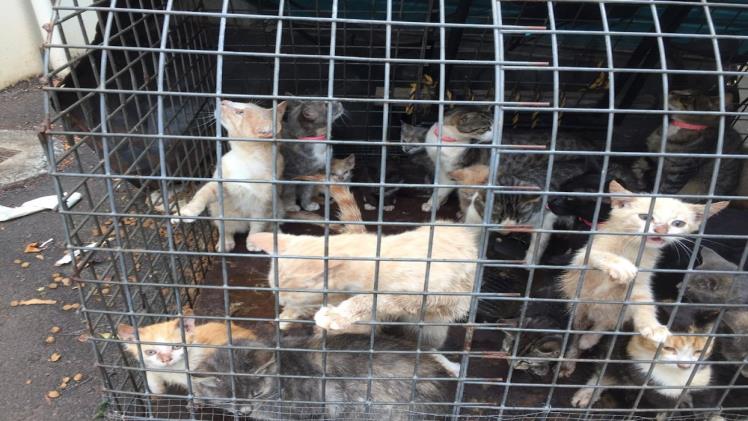What is Animal Hoarding?

Animal hoarding is an extreme form of animal cruelty that affects tens of thousands of companion animals nationwide. This occurs when someone accumulates excessive numbers of dogs or cats without providing even basic care and attention to them.
Animal abuse can be particularly cruel to innocent victims who are left to starve to death from malnutrition, disease and other complications. These innocent creatures are the innocent prisoners of someone with a misguided or often mentally deranged individual, kept captive in an environment filled with neglect, filth and stress.
Visit for multiple topics news: MyPuppyPoop And delta8carts
Hoarding behavior can have serious health repercussions for both the hoarder and their dependents, such as children or elderly relatives. They may lack basic necessities and develop chronic illnesses from inhaling ammonia or other animal waste-related odors.
Hoarders are particularly vulnerable to infections and other illnesses caused by poor living conditions and contaminated food and water. Some illnesses, such as bacterial pneumonia or typhoid fever, may even prove fatal.
These individuals may also have a history of trauma or another triggering event that leads them to hoard. The psychological and emotional turmoil this causes may have an immense effect on their capacity for making wise decisions.
Hoarders may feel they have no other option but to hoard if they cannot afford food, housing and care for their animals. This leads to stress which in turn increases the likelihood of aggression and other dangerous behaviors.
Animal hoarding can affect people of all socioeconomic levels, though it is most prevalent among older, isolated and economically challenged women. Furthermore, it has been known to occur after a major life event or traumatic experience such as the death of a family member.
Hoarding situations can be caused by one person’s own actions or by a collective group of individuals acting together. There are various potential causes for this behavior, such as genetics, trauma, depression and anxiety.
Hoarders often believe they have an intimate bond with their animals and are the only ones capable of properly caring for them. This belief often stems from having had a difficult childhood in which there wasn’t a healthy or positive relationship with animals from an early age.
Hoarders often experience emotional overwhelm as well as sleep deprivation from constantly having to wake up early to feed or care for their animals. This could lead to various health issues, including insomnia.
Other medical risks associated with hoarding include autoimmune disorders, parasitic infections and allergies. These can have serious repercussions for both the hoarder and their dependents as well as any animals kept within it.
If you believe an animal hoarder has taken advantage of others, there are ways to help. But first you must recognize the warning signs and report it to your local animal control or humane society for assistance.



